Expansion Of Ideal Gases
Categories: Engineering Lab EquipmentGas laws belong to the fundamentals of thermodynamics and are dealt with in every training course on thermodynamics. The experimental unit enables the user to examine the expansion of ideal gases. Th...
Product
Description
Gas laws belong to the fundamentals of thermodynamics and
are dealt with in every training course on thermodynamics.
The experimental unit enables the user to examine the
expansion of ideal gases. The focus is on the experimental determination of the
adiabatic exponent of air using the Clément-Desormes method.
The main components of the experimental unit are two
interconnected cylindrical tanks. Positive pressure can be applied to one tank,
negative pressure can be applied to the other tank. To generate the positive
pressure and the negative pressure in the tanks, the tanks are connected to
each other via a compressor. The pressure equalisation can either take place
with the environment or with the other tank through a bypass. Due to the high
velocity of the pressure compensation the change of state is quasi adiabatic.
Ball valves are used for pressure equalisation.
Learning Objectives/Experiments
Determination of the adiabatic exponent according to
Clément-Desormes
Adiabatic change of state of air
Isochoric change of state of air
Specification
Determination of the adiabatic exponent according to
Clément-Desormes
Adiabatic change of state of air
Isochoric change of state of air
Technical Data
Positive pressure tank
volume: 20,5L
diameter: 0,25m
max. operating pressure: 0,9bar
Negative pressure tank
volume: 11L
diameter: 0,18m
min. operating pressure: -0,6bar
Measuring ranges
temperature: 0…150°C
pressure: 0…1,6bar (abs)
230V, 50Hz, 1 phase
LxWxH: approx. 670x590x680mm
Weight: approx. 36kg
quick overview :
Gas laws belong to the fundamentals of thermodynamics and
are dealt with in every training course on thermodynamics.
The experimental unit enables the user to examine the
expansion of ideal gases. The focus is on the experimental determination of the
adiabatic exponent of air using the Clément-Desormes method.
The main components of the experimental unit are two
interconnected cylindrical tanks. Positive pressure can be applied to one tank,
negative pressure can be applied to the other tank. To generate the positive
pressure and the negative pressure in the tanks, the tanks are connected to
each other via a compressor. The pressure equalisation can either take place
with the environment or with the other tank through a bypass. Due to the high
velocity of the pressure compensation the change of state is quasi adiabatic.
Ball valves are used for pressure equalisation.
Learning Objectives/Experiments
Determination of the adiabatic exponent according to
Clément-Desormes
Adiabatic change of state of air
Isochoric change of state of air
Specification
Determination of the adiabatic exponent according to
Clément-Desormes
Adiabatic change of state of air
Isochoric change of state of air
Technical Data
Positive pressure tank
volume: 20,5L
diameter: 0,25m
max. operating pressure: 0,9bar
Negative pressure tank
volume: 11L
diameter: 0,18m
min. operating pressure: -0,6bar
Measuring ranges
temperature: 0…150°C
pressure: 0…1,6bar (abs)
230V, 50Hz, 1 phase
LxWxH: approx. 670x590x680mm
Weight: approx. 36kg
Product
Reviews
add Review
reviews
No Review Yet.
Copyrights © 2025 All Rights Reserved by Atico

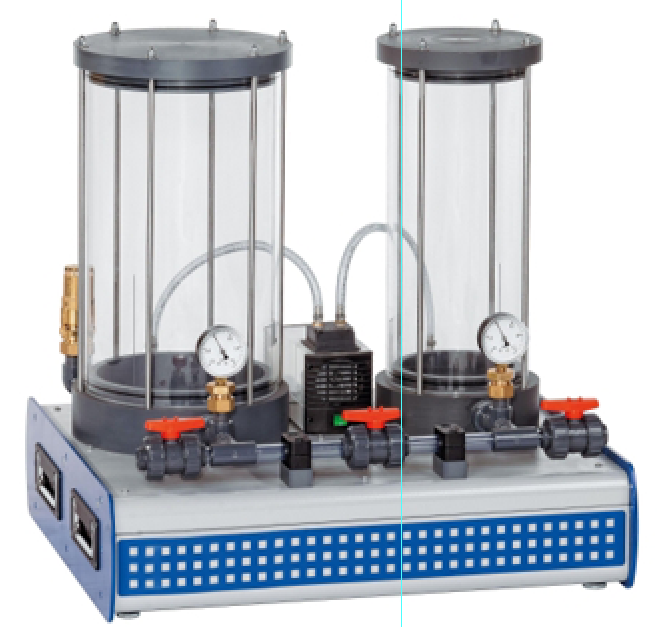




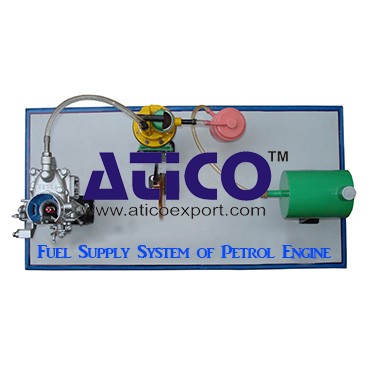
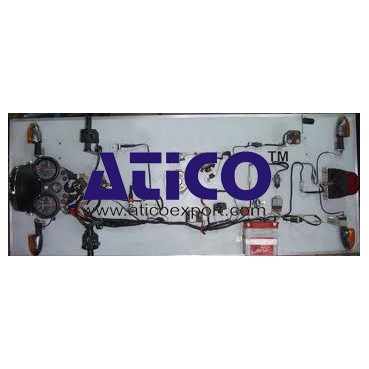
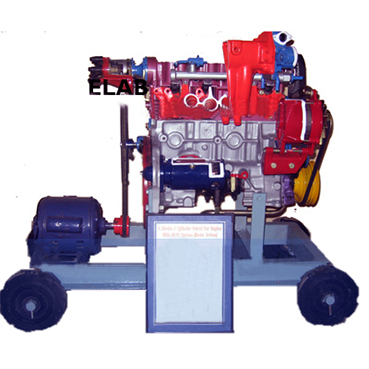
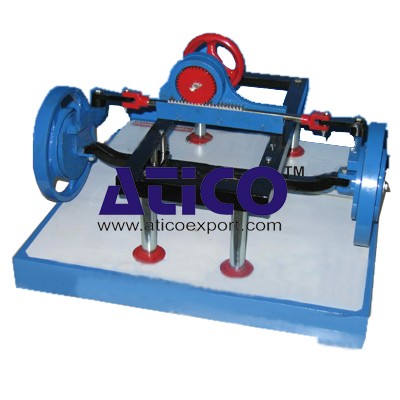
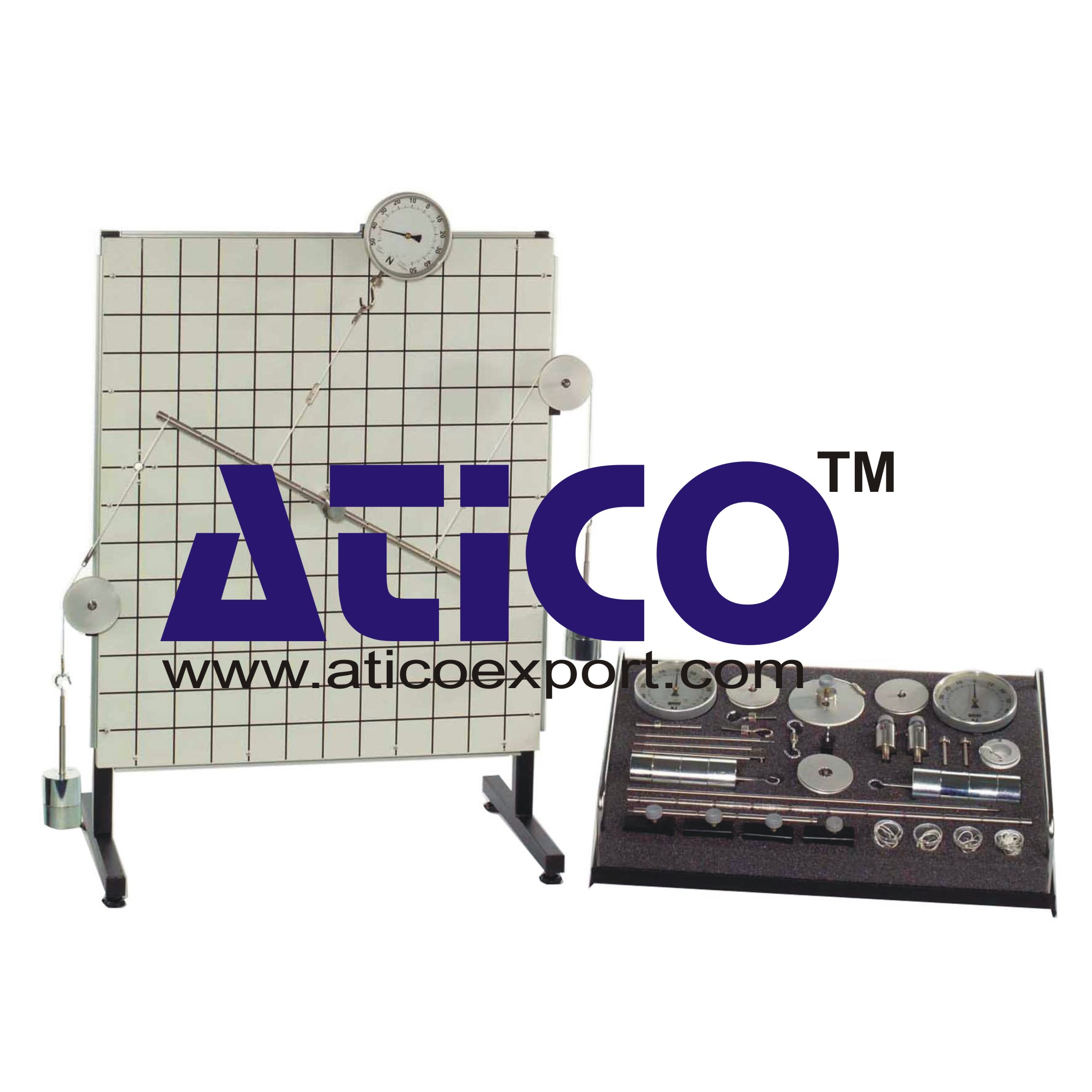
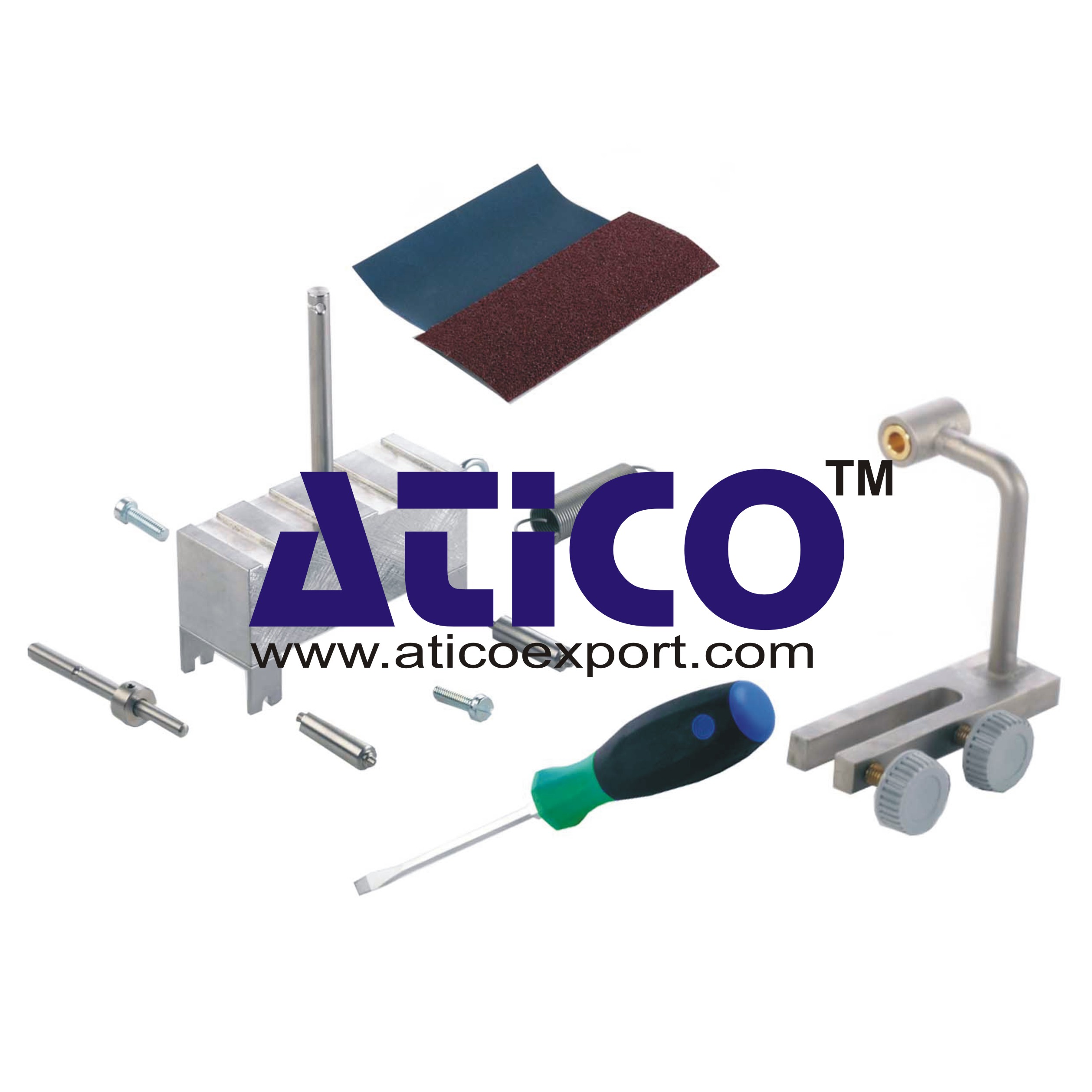
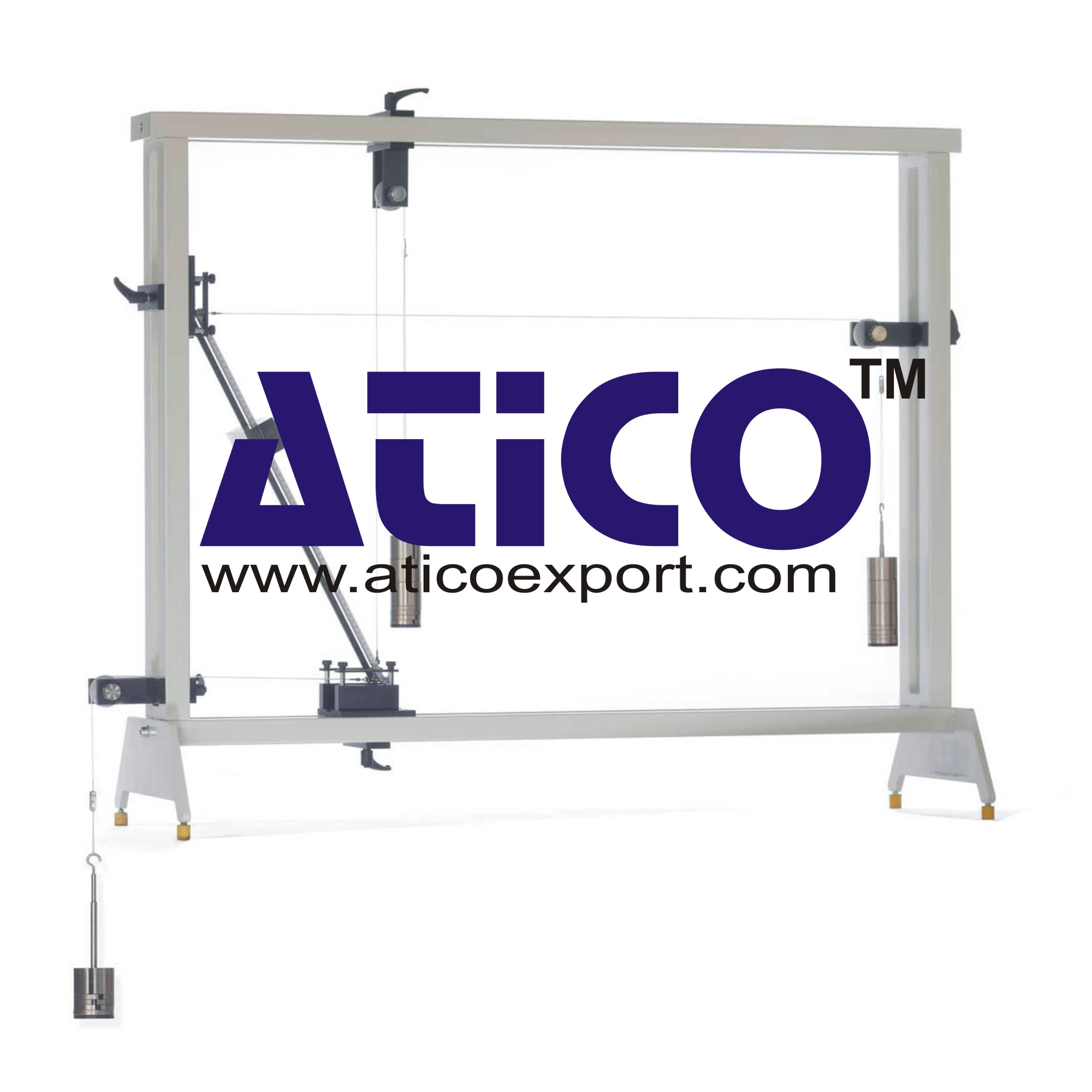
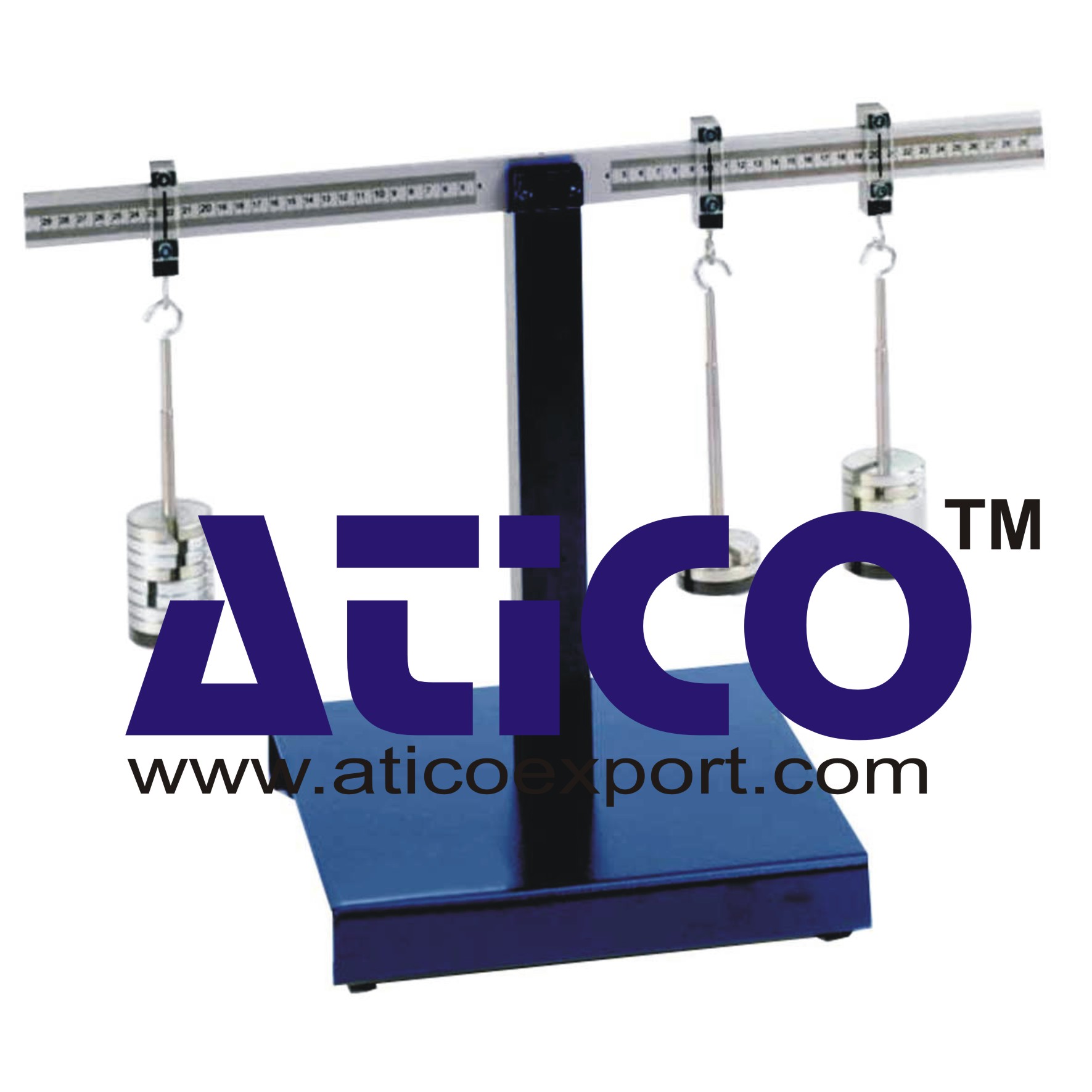
Product
Reviews
add Review
reviews
No Review Yet.